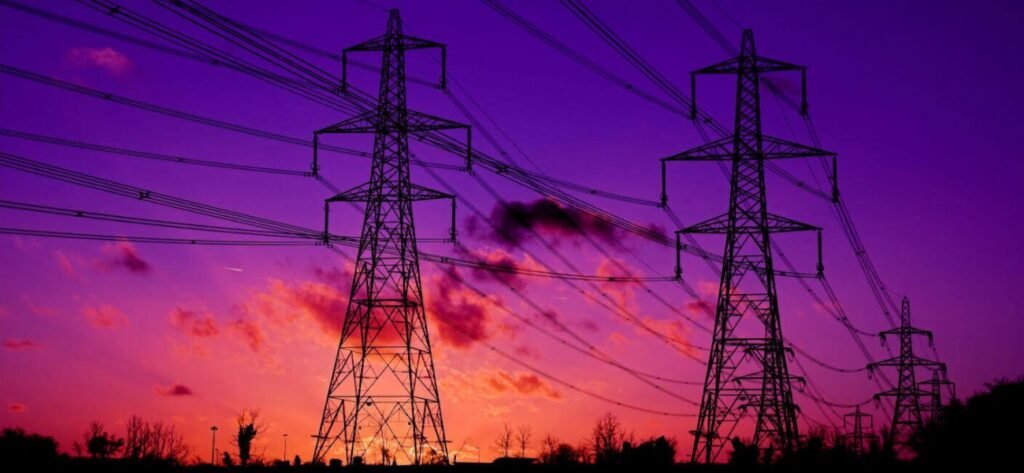In May 2024, Nigeria did something revolutionary: the parliament passed the Fifth Constitutional Amendment Bill into law. Later, in June 2024, President Bola Tinubu assented to the Electricity Bill which broke the federal government’s monopoly over electricity generation and transmission. The move officially empowered the country’s 36 states to control and develop their own electricity markets.
But one year on, that promise remains largely unfulfilled. The grid is still flickering, and most state governments have done little more than issue press releases. Despite new powers, many governors appear reluctant or unprepared to act. Instead of decentralising energy, states have defaulted to inaction.
The consequences remain severe as Nigeria loses an estimated $26 billion annually due to power failures. Businesses spend over $22 billion every year fueling generators to stay afloat. Between 2024 and 2025 alone, the national grid collapsed at least 13 times, each breakdown pushing the country deeper into economic and social hardship.
While the new law opened a constitutional door to innovation, few states have walked through it. Of the 36 states, only a dozen including Lagos, Rivers, and more recently, Kwara have initiated localised power plans. The northeastern states like Bauchi and Borno have also signaled intentions to collaborate with the private sector to capitalise on the new law amendments.
Long Walk to Blackouts
Nigeria’s chronic electricity shortage isn’t new. Though the Nigerian Electricity Regulatory Commission (NERC) revealed the country began generating electricity as far back as 1896, it has battled power deficits since 1923, when the Marina power station in Lagos shut down. Today, despite a population of over 220 million, Nigeria generates just 4,000 to 6,000 megawatts which is an embarrassing fraction of about 33,000 megawatts experts estimate the country actually needs a global standard.
“We have been stagnant for a long time, generating between 4,000 and 6,000 megawatts,” says Professor Bagudu Gwandagaji, Vice Chancellor of Kebbi State University of Science and Technology. “The North has sunlight for the next four billion years. If we harness solar properly, we won’t just solve our problems, we’ll export energy to others.”
Gwandagaji cautioned against a one-size-fits-all solution. Nigeria’s ecological diversity, he argues, demands a strategic, localised approach.
“Nigeria has 36 states with distinct ecological zones. We must identify our local resources based on environmental and sustainability metrics. Without a proper assessment map, we’re just groping in the dark.”
And while states are slow to act, the private sector remains caged by outdated policies and regulatory red tape. Developers reportedly face long delays in obtaining licenses from the Nigerian Electricity Regulatory Commission and grid approvals from the Transmission Company of Commission, further stalling projects even as 86 million Nigerians live without electricity.
Noelle Okwedy, a consultant with Nexter Power, argues “the private sector can only thrive if the environment is enabling,” she said. “We need cost-reflective tariffs, uncap domestic gas prices, and settle inter-sector debts that keep gas producers from powering the grid.”













